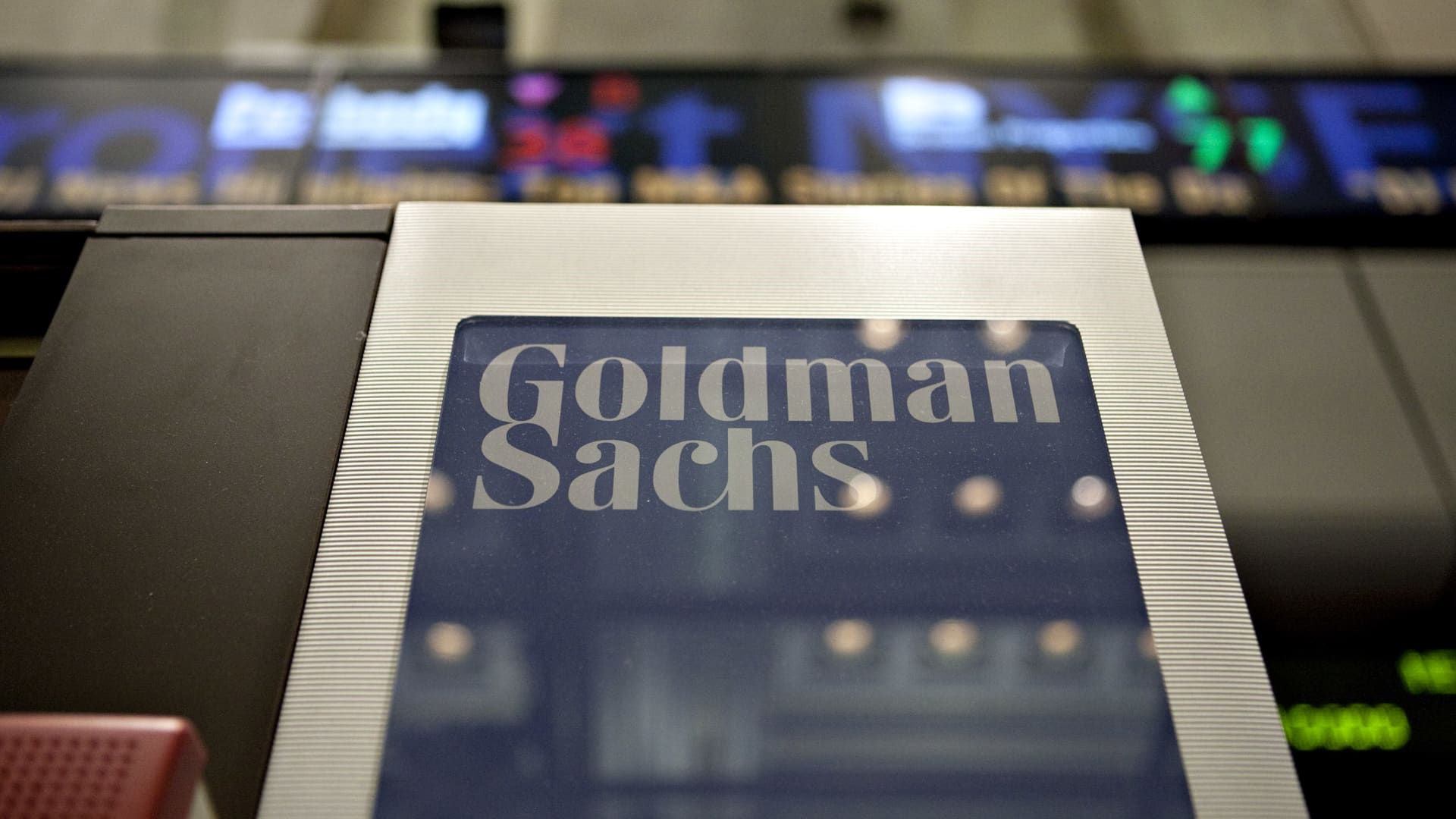The “Gilmore Girls” star, who joined his fellow Hollywood workers on the picket line this week, told The Hollywood Reporter on Friday about his anger over the low residuals he receives as the multibillion-dollar company streams his former show.
“I was on a television show called Gilmore Girls for a long time that has brought in massive profits for Netflix,” he said. “It has been one of their most popular shows for a very long time, over a decade. It gets streamed over and over and over again, and I see almost none of the revenue that comes into that.”
In May, film and television writers union went on strike for the first time in 15 years to demand fair pay and reasonable guidelines on the use of artificial intelligence. The Screen Actors Guild similarly voted to strike this week after studio negotiations crumbled, marking the first time since the 1960s that both unions have simultaneously gone on strike.
In the THR interview, Gunn had also claimed that Netflix Co-CEO Ted Sarandos and Executive Chair Reed Hastings “give each other bonuses in the 10s of millions,” though the article has since been updated “to remove incorrect statement about Netflix CEO bonuses.”
“I don’t understand why they can’t lessen those bonuses to share the wealth more with the people who have created the content that has gotten them rich,” he had told the outlet. “It really is a travesty. And if the answer is, ‘Well, this is just how business is done’ … that sucks. That makes you a bad person.”
THR’s article now notes that Sarandos’ and Hastings’ compensation last year mostly came from stock options rather than bonuses. This year, Sarandos could reportedly earn up to $40 million from his salary, stock options and performance bonus. Co-CEO Greg Peters is reportedly set to see an enormous $30 million raise in potential stock options and bonuses, in addition to his $3 million salary.

Amanda Edwards/WireImage/Getty Images
In his remarks to THR, Gunn had seemingly conflated revenue — the amount of money that a business like Netflix makes — with residuals, which are doled out by a company producing and licensing a project. In the case of “Gilmore Girls,” the residuals come from Warner Bros. Discovery.
“Gilmore Girls” originally aired on The WB, which later became The CW, from 2000 to 2007. It was then made available on Netflix and became a staple for viewers who clamored for the show’s small-town atmosphere and witty banter.
Gunn, who played Kirk on the beloved show, told THR that the need to better compensate Hollywood workers “really is a moral and an ethical issue as much as it’s a financial issue” — effectively summing up what writers and actors have argued all along.
“You really need to rethink how you do business and share the wealth with people,” he added. “Otherwise this is all going to come crashing down.”
























































